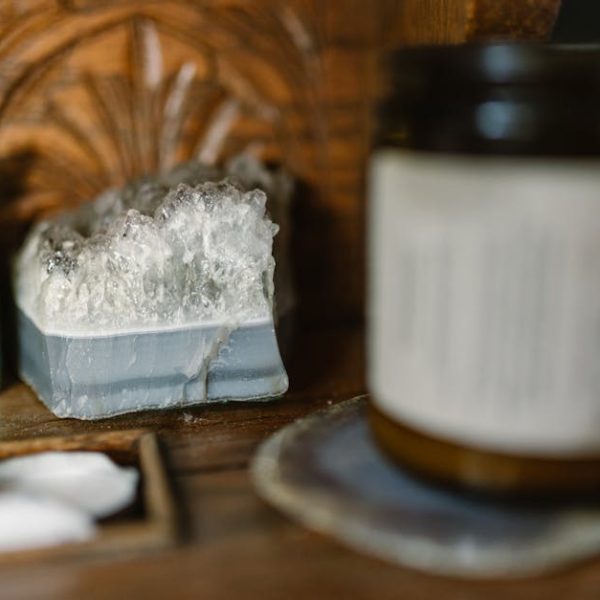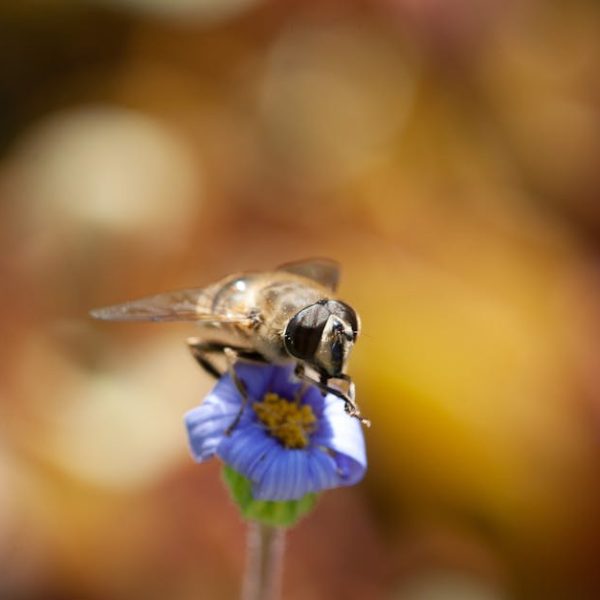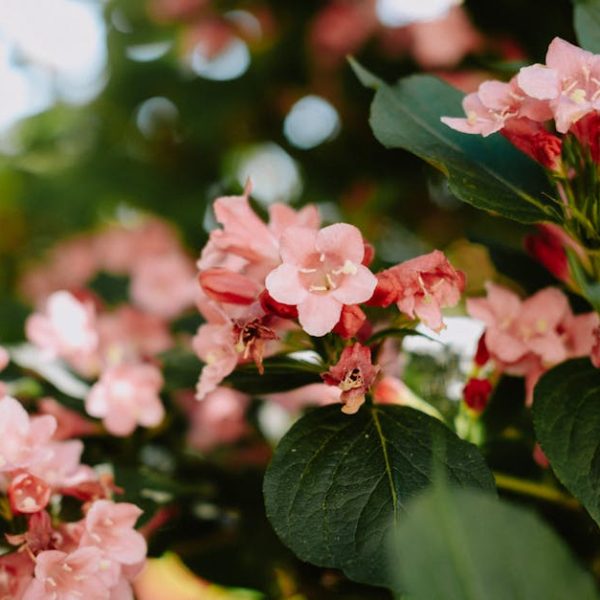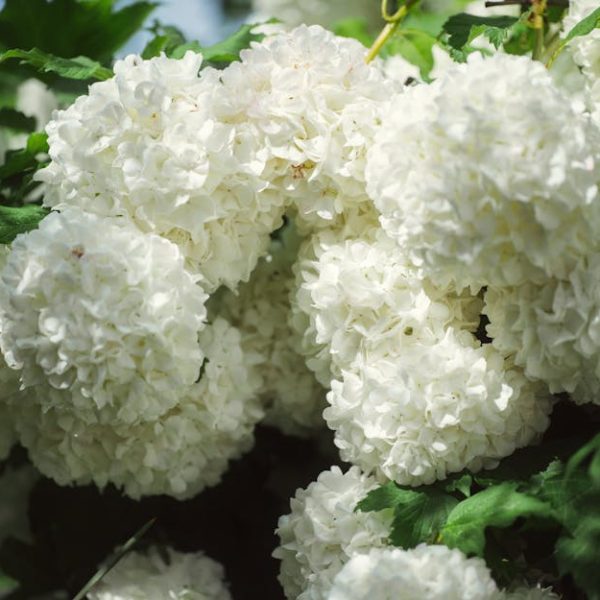Welcome, green thumbs and nature enthusiasts! As gardeners, we’ve often had our beautiful leafy companions fall prey to slugs, leaving us disheartened. But what if there were certain annuals plants that could majestically add to the garden’s allure while discouraging the slimy fiends? Here are seven beautiful annuals that don’t just sing the delights of nature but are also naturally skilled at repelling slugs.
Astilbe (Astilbe spp.) – An Ally Against Slugs
Meet Astilbe – a stunning annual that paints a fern-like picture due to its feathery blossoms. Originally from East Asia, this resilient bunch loves moisture-rich soil and shady terrains. While they add an enchanting dimension to our gardens, these plants come with a hidden superpower – their rough foliage is distasteful to slugs. The pointy, jagged leaves often discourage the slugs, making them an effective repellent.
- Best Practices: They prefer rich, organic soil with a touch of acidity, and adequate moisture. Regular mulching can help retain soil moisture, and they prefer partial to full shade.
Begonia (Begonia spp.) – One of Slug’s Greatest Adversaries
Next in line is the delightful Begonia. Hailing from tropical and subtropical climates, their vibrant blooms and unusual foliage make them garden favorites. Something about their waxy leaves puts slugs off, making them an effective ally in your battle against slugs. They range from petite fellows suitable for indoor pots to impressive outdoor varieties.
- Cultivation Tips: Begonias thrive under indirect sunlight, making them perfect for semi-shaded spots. Most varieties like well-drained soil, slight acidity, and reasonable composting.
Fuchias (Fuchsia spp.) – Lovelies Slugs Love to Avoid
Another dazzling slug-deterrent at your disposal is the Fuchsias. Known for their elegant, bell-like flowers and refreshing greenery, these are must-haves for any picturesque garden. Despite their delicate appearance, they’re tough on slugs. High in moisture content, they require well-drained soil, making it difficult for slugs to stick around.
- Planting Advice: They prefer moderately fertile soil and partial shade. Watering should be balanced, refrain from both overwatering and dry spells.
Geraniums (Pelargonium spp.) – Slugs’ Nightmare
Geraniums, our colorful friends, come with a fragrance that amazingly enough, slugs find distasteful. Their vibrant flowers can cheer up any spot, and their scented leaves act as an excellent natural slug deterrent.
- Care Guidelines: They prefer well-drained soil and plenty of sunlight. Allow the soil to dry out between watering, and deadhead spent blooms to promote continuous flowering.
That’s it for the first lot. Let’s now move on to the next set of slug-fighting heroes! Remember, a garden full of these flamboyants is trouble for slugs but a delight for us gardeners. Stay tuned with your garden tools as we introduce more of these beauties.
Impatiens (Impatiens spp.) – Slugs’ Disfavored Blooms
Next on the list is the vibrant and hardy Impatiens. With a wide range of stunning colors to offer, these blooms really stand out. Their most impressive trait, however, is the environment they create around them that slugs find intimidating. Crucially, the Impatiens’ moisture-loving roots create a less-than-ideal environment for slug survival.
- Planting Tips: They favor a semi-shaded environment with well-drained and nutrient-rich soil. Make sure to water them regularly for optimal growth.
Lavender (Lavandula spp.) – The Aromatic Repellent
Then we have Lavender, a truly gorgeous and fragrant slug deterrent. The royal purple flowers and iconic scent do not just make your garden stand out, but they also keep the slugs at bay thanks to their strong aroma that slugs find unappealing.
- Growth Instructions: Lavender blooms best in full sun and well-drained soil. Regular pruning is crucial to encourage bushy growth, and watering should be conducted infrequently, allowing the soil to dry between waterings.
Marigold (Tagetes spp.) – Stunning Yet Detested by Slugs
Finally, we present the iconic Marigold, with its vivid yellow, gold, and orange blossoms. Marigolds bring liveliness to any garden, and their unique scent effectively repels slugs, thereby protecting other plants.
- Planting Guidance: Marigolds like plenty of sun and well-drained soil. They need minimal care; just ensure they get enough light, water moderately and deadhead for continuous blooming.
Now, aren’t these stunners just the perfect solution to keep your garden beautiful and slug-free? Let’s review our slug-averting champions in a comparative table for quick reference.
| Plant | Slug Deterrence Mechanism | Key Planting Tips |
|---|---|---|
| Astilbe | Rough foliage not liked by slugs | Part to full shade, rich and moist soil |
| Begonia | Waxy leaves slugs dislike | Semi-shade, well-drained soil, slight acidity |
| Fuchsias | High moisture content, which deters slugs | Partial shade, moderately fertile soil, balanced watering |
| Geraniums | Scented leaves that slugs disdain | Plenty of sunlight, well-drained soil, limited water |
| Impatiens | Creates an environment disliked by slugs | Semi-shaded, regular watering, nutrient-rich soil |
| Lavender | Strong scent slugs find off-putting | Full sun, well-drained soil, infrequent watering |
| Marigold | Unique fragrance repels slugs | Plenty of light, well-drained soil, moderate watering |
It isn’t enough to know about these slug hating flowers; we’ve got to get out there, get our hands dirty and start planting. Let the earth be your canvas and these blooms your paint, just remember to have fun and enjoy the process, because that is what gardening is all about. Now, get out there and start painting your masterpiece, slug-free of course!
Key Takeaway:
- Certain annual plants have natural slug-repelling properties that can be leveraged to maintain a slug-free garden.
- The seven plants discussed in the article, Astilbe, Begonia, Fuchias, Geraniums, Impatiens, Lavender, and Marigold, each have unique characteristics that deter slugs from infesting them.
- The features that deter slugs include rough foliage (Astilbe), waxy leaves (Begonia), high moisture content (Fuchias), scented leaves (Geraniums), unfavorable environment (Impatiens), strong aroma (Lavender), and unique fragrance (Marigold).
- Each plant has specific care and maintenance needs for optimal growth, but all can thrive in well-drained soil.
Gardening can be a rewarding activity, and with the right selection of plants, fierce invaders like slugs can be kept at bay. You don’t need to resort to harmful pesticides or chemicals – nature has already provided us with beautiful and effective solutions. Use the insights provided here to cultivate a beautiful, vibrant, and slug-free garden that becomes your sanctuary and your pride.
FAQs
Q: Apart from their slug-repelling features, what other benefits can these plants bring to my garden?
A: These plants are not just slug-repellents – they offer aesthetic appeal with their vibrant blooms, and many have strong pleasing aromas. They can attract beneficial pollinators, add color diversity, and create an enchanting ambiance in your garden.
Q: Can these plants repel other pests as well?
A: While this article primarily discusses slug-repelling features, some of these plants may also deter other pests. For example, Lavenders are known to repel mosquitoes, and Marigolds can deter many common garden pests.
Q: Will these plants harm the slugs?
A: No, these plants don’t harm or kill the slugs. They merely discourage the slugs from attacking them and your other plants. They are a natural and non-harmful way to protect your garden.
Q: Can I combine these plants with other slug repellent methods?
A: Definitely! These plants can be an effective part of an integrated pest management strategy. You can combine them with other natural slug repellent methods like traps, barriers, or safe slug pellets for even more protection.
Q: Are these plants effective against all types of slugs?
A: These plants can deter a wide variety of slugs, but effectiveness might vary depending on the slug species and environmental factors. However, incorporating them into your garden is a beautiful and natural option to reduce slug damage.
Enjoy gardening and don’t forget to share this helpful article with other garden enthusiasts. Explore more gardening tips and insights on our website!






